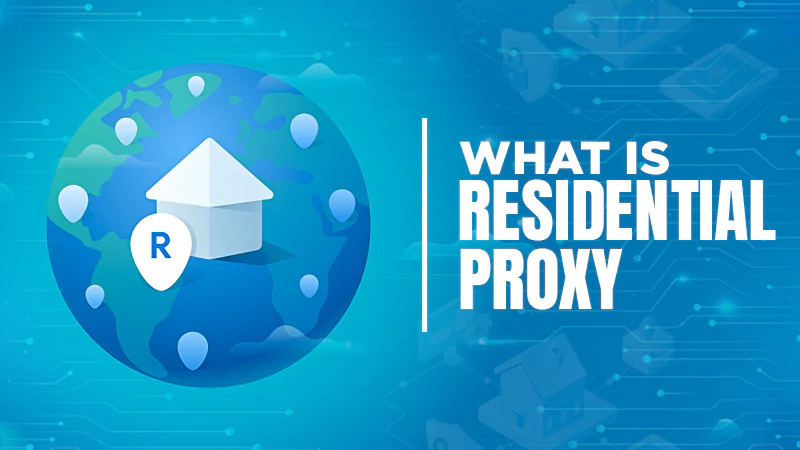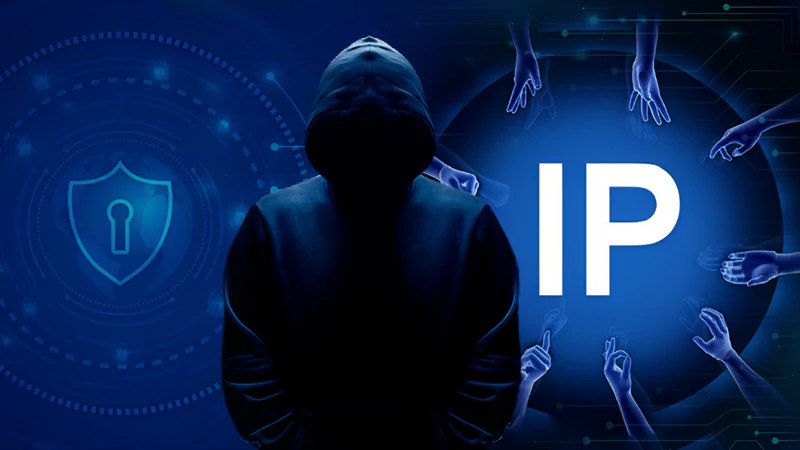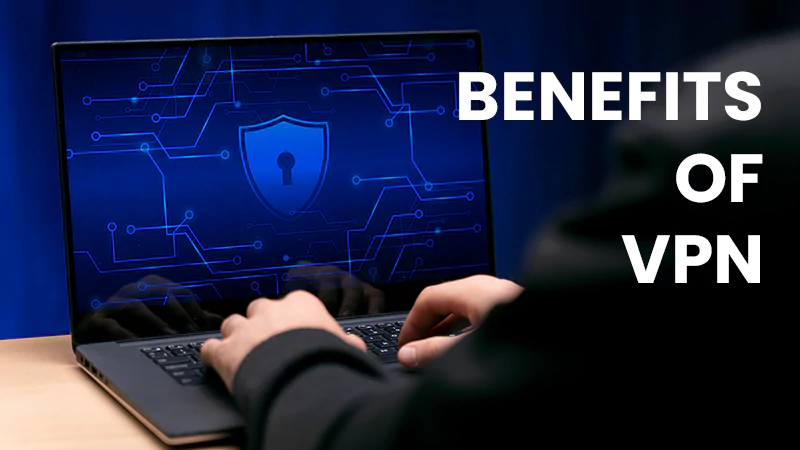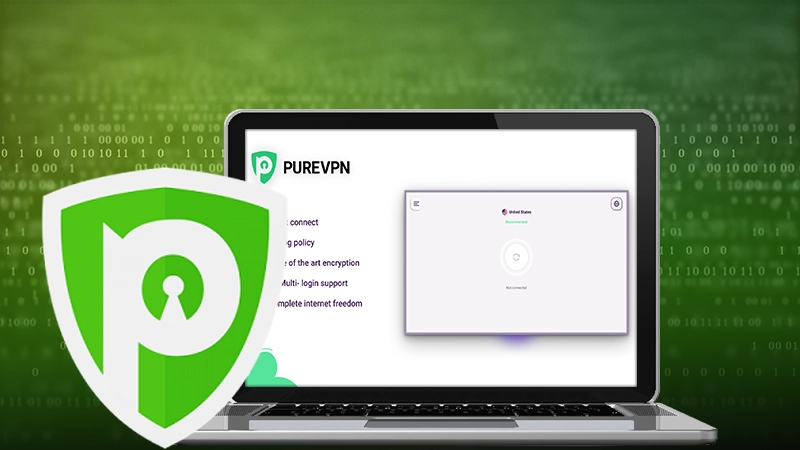Using HIPAA to Protect Against Cybersecurity Attacks
In the ever-changing world of health care, it is important to stay up-to-date on the latest cybersecurity threats. In addition, HIPAA requires that healthcare providers disclose information about cyberattacks when they occur. By taking some precautions, healthcare organizations can help protect themselves from cyberattacks and keep their patients safe. One way to do this is by using HIPAA to protect against cybersecurity attacks. HIPAA laws offer many protections for healthcare organizations when it comes to cybersecurity. HIPAA compliance can help organizations identify and track data breaches. In addition, HIPAA training can help employees understand their rights and responsibilities under HIPAA laws.
How HIPAA Can Help in Protection Against Cybersecurity Attacks?
HIPAA is a Federal law that helps protect patient privacy and the security of electronic health records. It establishes national standards for the protection of individual health information and provides penalties for violators. HIPAA applies to all organizations that collect, use, or disclose individually identifiable health information on patients, including hospitals, physicians’ offices, medical clinics, pharmacies, insurance companies, and other healthcare providers.
Many cybersecurity experts believe that breaches of electronic health records are responsible for a majority of cyberattacks. By establishing standard practices for protecting patient data, HIPAA can help reduce the likelihood of a data breach leading to widespread damage or even identity theft. HIPAA also requires organizations to report any incidents involving unauthorized access to or disclosure of protected health information. This helps security professionals track down and prevent future attacks.
Benefits of Using HIPAA to Protect Against Cybersecurity Attacks:
HIPAA is a set of regulations that protect patient privacy and ensure the confidentiality of health information. The regulations apply to all organizations that hold or process health information, including businesses, schools, government agencies, and healthcare providers. HIPAA compliance can help organizations identify and track data breaches. In addition, HIPAA training can help employees understand their rights and responsibilities under HIPAA laws. The benefits of using HIPAA to protect against cybersecurity attacks include:
- Ensuring the privacy and confidentiality of patient data. HIPAA laws protect the privacy of patients by prohibiting hospitals, doctors, and other health care providers from sharing patients’ personal health information without their consent. It also requires organizations that collect, use, or disclose health information to take steps to protect it from unauthorized access, use, or alteration.
- Cybersecurity is a growing concern for businesses of all sizes. A data breach can occur when unauthorized individuals access or steal data, whether it’s from a private or public sector organization. To reduce the risk of a data breach, it’s important to take measures such as implementing strong cybersecurity protocols and training your employees on best practices. HIPAA offers many protections for healthcare organizations against cyberattacks. By following these guidelines, you can ensure that your patient’s personal information is safe and secure.
- HIPAA, or Health Insurance Portability and Accountability Act, is a federal law that protects patients from identity theft and other scams. The law requires health care providers to take steps to protect patient information, such as by requiring secure access to patient records. HIPAA also requires health care providers to report any incidents involving theft or unauthorized access to personal information. HIPAA gives patients the tools they need to protect their personal information from being stolen or compromised. By following these guidelines, patients can reduce their chances of becoming a victim of a cyberattack.
How Can Healthcare Organizations use HIPAA to Protect Against Cybersecurity Attacks Using Software?
Healthcare organizations face a constant struggle to stay safe from cybersecurity threats. One way to protect against these threats is by using HIPAA to restrict the access of certain individuals and entities to patient data. By restricting access to this information, healthcare organizations can reduce the likelihood of a cyberattack targeting this data. Additionally, HIPAA mandates the use of specific security measures when handling patient data, such as encryption and authentication protocols. By using these safeguards, healthcare organizations can help protect their data from potential hackers.
Healthcare organizations can use HIPAA to protect against cybersecurity attacks by requiring employees to sign informed consent forms before accessing protected health information (PHI). HIPAA also requires organizations to establish secure communication channels between patients and their healthcare providers. Healthcare organizations can also use HIPAA to protect against cyberattacks by installing security software on electronic medical records (EMRs) and other electronic systems that contain PHI. Healthcare organizations can use HIPAA laws to protect against cybersecurity attacks by ensuring that all electronic communications between patients and healthcare providers are protected with secure protocols. Healthcare organizations can also use HIPAA to ensure that all logs and data related to cybersecurity incidents are kept confidential.
Read This Also: How to Use Smart Tech Against Cybercrime
How Can Healthcare Organizations Protect Themselves Against HIPAA Violations?
HIPAA laws protect healthcare information, and as such, healthcare organizations must take measures to protect their data from cybersecurity threats. One way to do this is by using HIPAA compliance tools and resources. These tools can help healthcare organizations identify and mitigate potential cybersecurity risks, including those posed by hackers. Additionally, HIPAA compliance training can help employees understand the importance of protecting patient data and identify any potential violations. By taking these steps, healthcare organizations can ensure they are safeguarding their confidential information against potential breaches.
HIPAA is a federal law that protects patient privacy. Healthcare organizations must follow HIPAA policies and procedures to protect the privacy of their patients. These policies and procedures must be followed when any information about a patient is accessed, used, or disclosed. Healthcare organizations can protect themselves from HIPAA violations by following policies and procedures, hiring qualified professionals, and training staff.
Security Awareness And HIPAA Training:
Security Awareness and HIPAA training are important ways to protect yourself from cybersecurity attacks. The healthcare industry is one of the most vulnerable to cyberattacks, as data and patient information are often at risk. Make sure you are educated on the risks associated with cyberattacks and take steps to protect yourself by using security awareness and HIPAA training and using HIPAA guidelines when transmitting or storing health information.
HIPAA rules require organizations to take steps to protect patient privacy and data security. Organizations must provide training for employees who access and use patient health information. In addition, organizations must create an incident response plan and maintain records of training and compliance activities. The HIPAA Security Rule requires entities that process or transmit individually identifiable health information to develop a Privacy Notice and provide it to patients or their authorized representatives.
Final Thoughts:
There are a few things to keep in mind when using HIPAA to protect against cybersecurity attacks. First, make sure that your organization has a comprehensive cybersecurity plan in place, including procedures for identifying and responding to cyber threats. Second, use HIPAA’s privacy and security safeguards to protect the personal information of patients and employees. Finally, always stay up-to-date on the latest cybersecurity threats and best practices for protecting your data. By using HIPAA to protect against cybersecurity attacks, healthcare organizations can protect their data and their patients.
What Is Mobile Proxy And How Do They…
What Is Residential Proxy? Definition And Guide 2024
Protect Yourself from Cybercrime: Top 5 Smart Strategies…
Strategies for Cyber Success: Safeguarding and Managing Your…
Cybersecurity Course Online: Navigating the Digital Threat Terrain
Are You Being Spied On? 5 Reasons Why…
Fortifying Your Online Fortress: Unveiling the Best Paid…
The Imperative of Cybersecurity Integration in Front-End Development…
10 Tricks for Staying Cyber-Secure While Binge-Watching
Securing Your System: The Importance of Anti-Malware Software
Benefits of VPN for Enterprise Networks: Enhanced Security
PureVPN – The Best Streaming VPN












